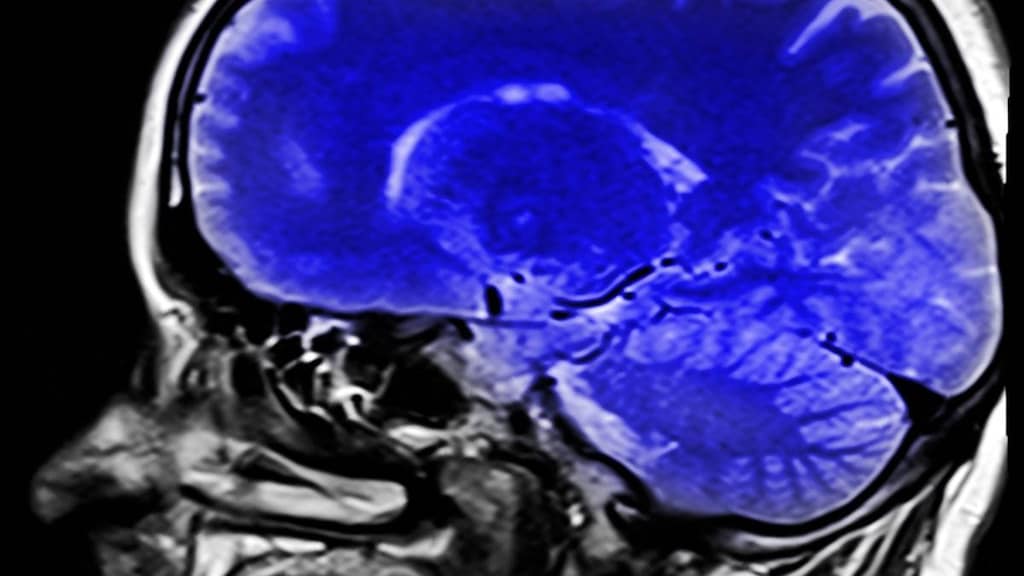
What is cerebral edema?
Cerebral edema is the term used to describe a build-up of fluid around the brain, which causes an increase in pressure inside the skull.
Cerebral edema may also be called brain swelling, brain edema, or elevated intracranial pressure.
What causes cerebral edema?
Cerebral edema can be caused by any event or condition that causes damage or swelling to the brain, such as:
- High altitudes (above 4900ft [1490 meters])
- Infection (such as meningitis, encephalitis, toxoplasmosis)
- Injury
- Ischemic or hemorrhagic strokes
- Tumors
- Traumatic brain injury or a head injury (eg, due to vehicle crashes, assaults, crashing into an object)
Swelling is the body’s natural response to injury but when it occurs within the tight compartment of the skull it can prevent blood from flowing to the brain, which deprives it of oxygen, which it needs to function. The flow of other substances around the brain may also be compromised, which makes the swelling worse. This can damage or kill brain cells.
What are the symptoms of cerebral edema?
Symptoms may vary depending on the severity of the swelling and the underlying cause.
Symptoms may include:
- Dizziness
- Difficulty walking
- Headache
- Irregular breathing
- Loss of consciousness
- Memory loss
- Nausea or vomiting
- Neck pain or stiffness
- Seizures
- Speech difficulties
- Vision loss or changes
How is cerebral edema diagnosed?
If cerebral edema is suspected, a doctor will conduct a head and neck examination, a neurological examination, and order some tests, which may include:
- A CT scan of the head
- An MRI of the head
- Blood tests to check for the cause of the swelling
How is cerebral edema treated?
Some causes of cerebral edema, such as a slight concussion, usually resolve within a few days. Specific causes, such as high altitude, usually resolve by descending to a lower height. In many other cases, however, immediate treatment is necessary.
Treatment may include:
- Oxygen therapy
- IV fluids
- Lowering of the body temperature
- Medications
- Ventriculostomy (the insertion of a plastic drain tube into the skull)
- Surgery
Cerebral edema can cause irreversible damage, or be associated with lingering effects, such as difficulty sleeping, changes in thinking and attention skills, depression, headaches, and movement disorders. In some cases, it can be fatal.




